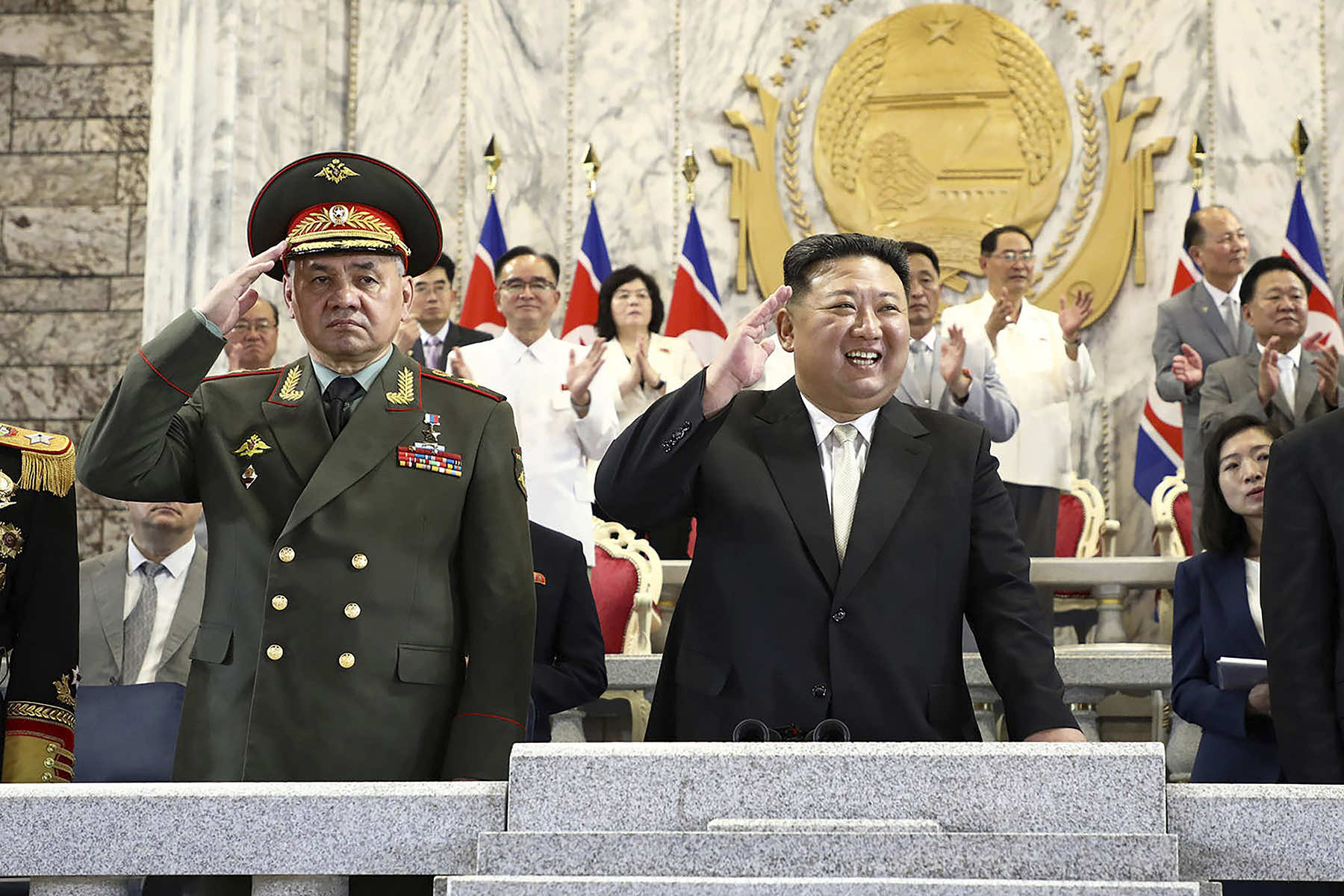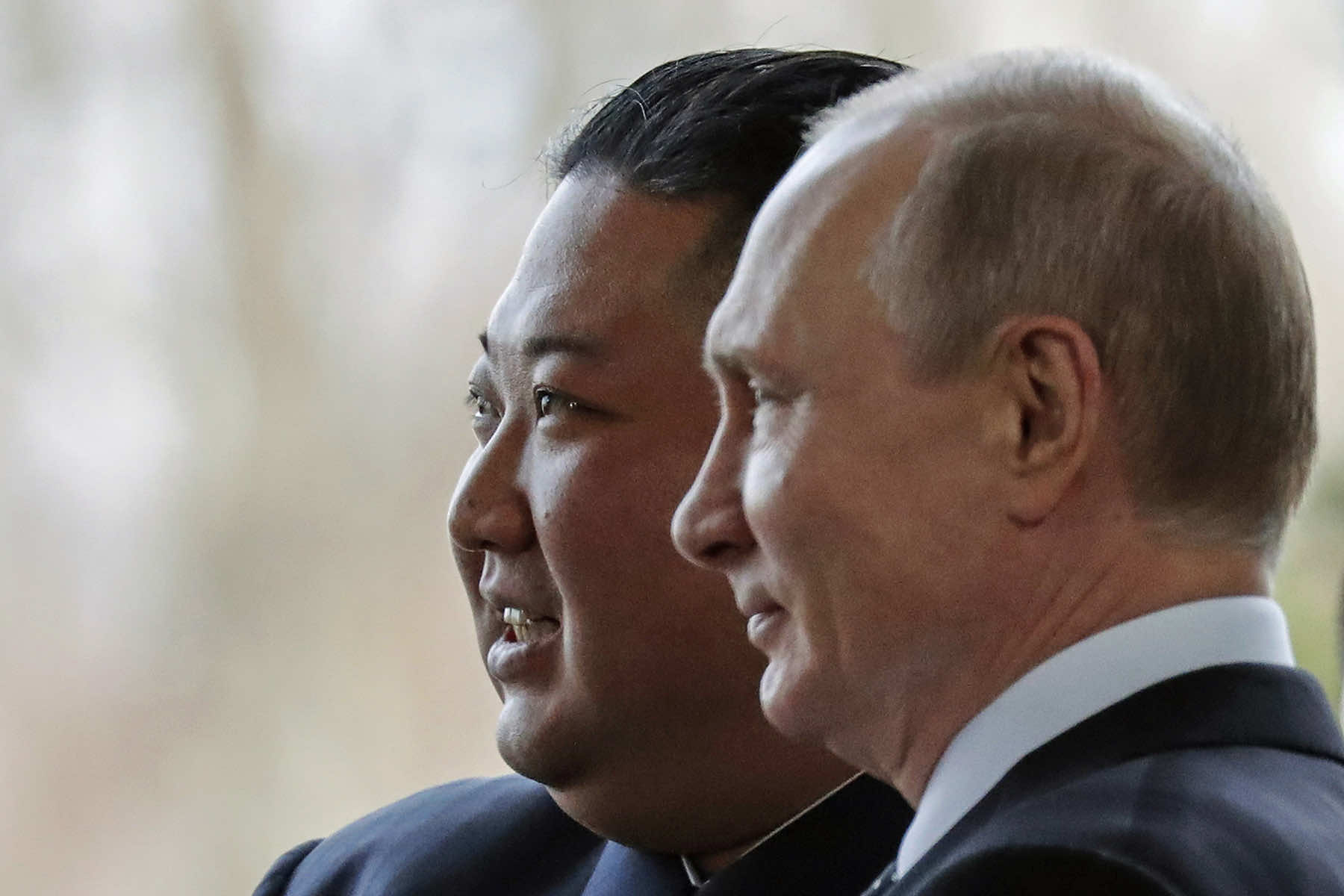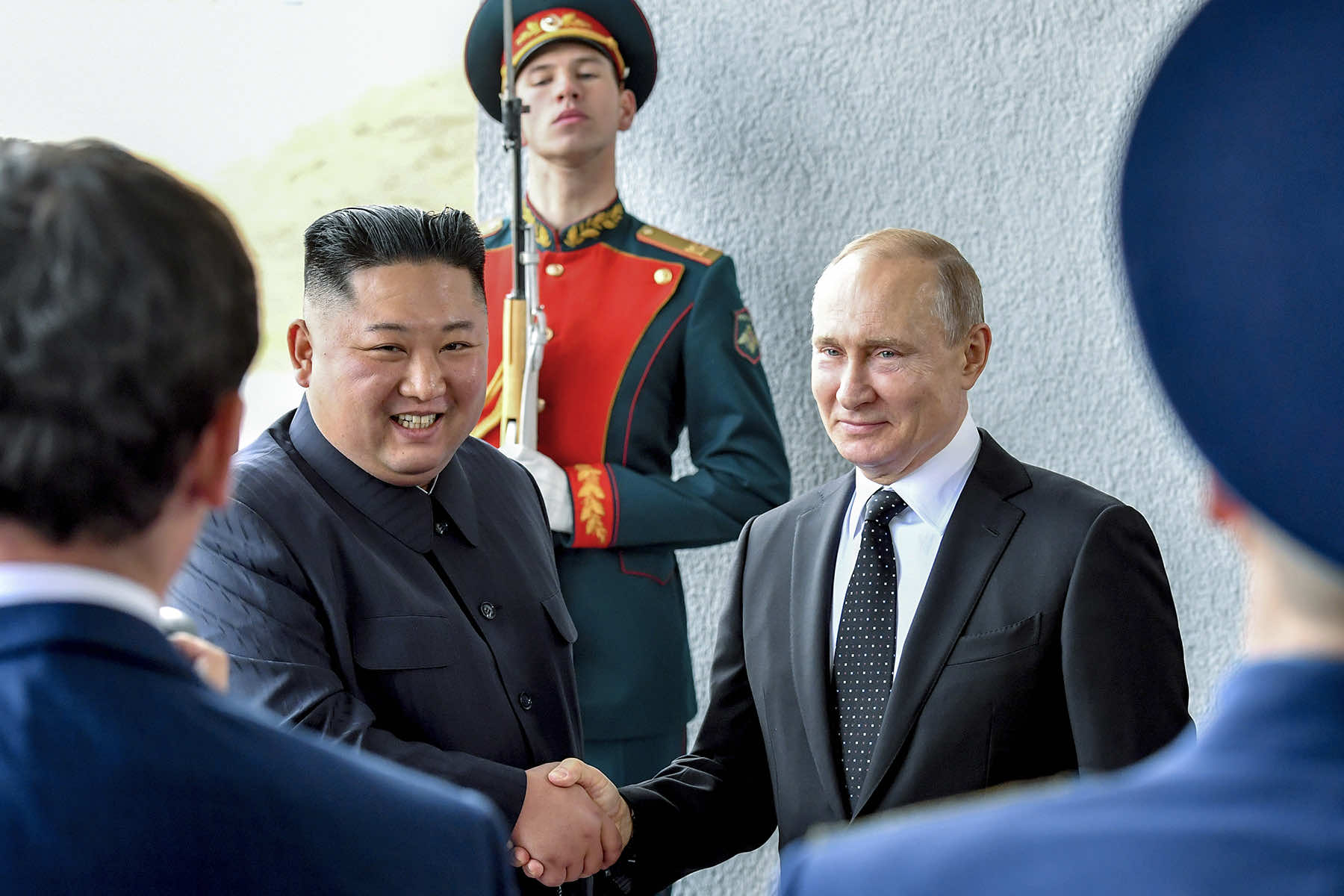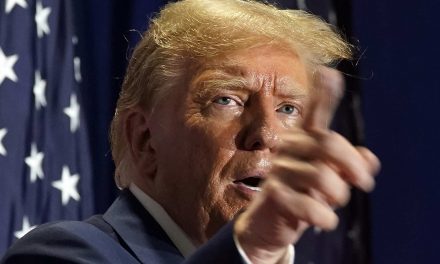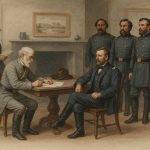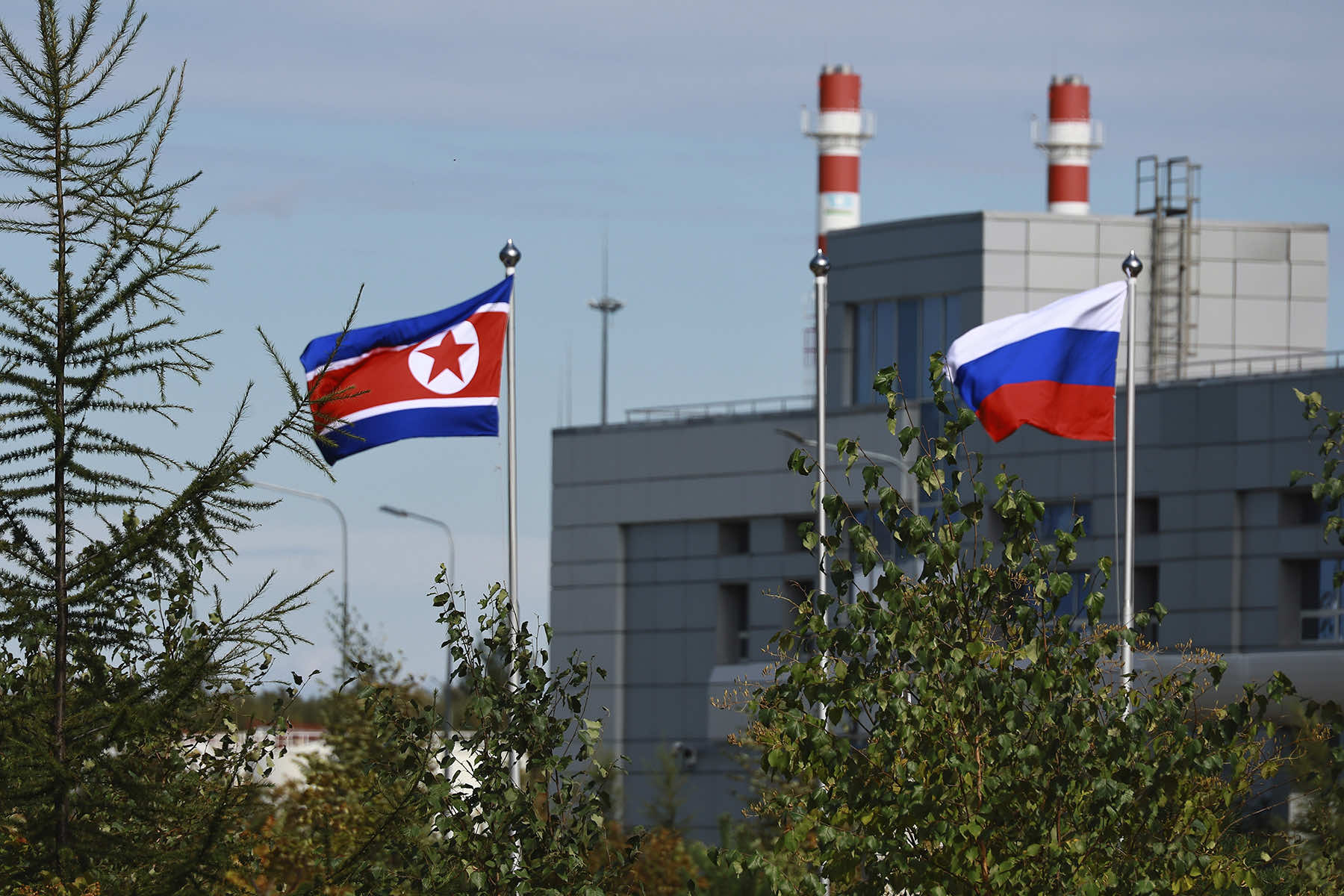
South Korea, the U.S., and Japan strongly condemned what they call North Korea’s supply of munitions and military equipment to Russia, saying on October 26 that such weapons shipments sharply increase the human toll of Russia’s war in Ukraine.
A joint statement by the top diplomats of South Korea, the U.S., and Japan came days after Russia’s foreign minister scoffed at a recent U.S. claim that his country received munitions from North Korea, saying that Washington has failed to prove the allegation.
“We will continue to work together with the international community to expose Russia’s attempts to acquire military equipment from (North Korea),” said the joint statement by South Korean Foreign Minister Park Jin, U.S. Secretary of State Antony Blinken and Japanese Foreign Minister Yoko Kamikawa.
“Such weapons deliveries, several of which we now confirm have been completed, will significantly increase the human toll of Russia’s war of aggression,” it said.
The joint statement was meant to show the three countries’ resolve to actively respond to a weapons transfer deal that Russia and North Korea have been pursuing in defiance of repeated warnings by the international community, South Korean Foreign Ministry spokesperson Lim Soosuk told reporters.
North Korea and Russia — both locked in separate confrontations with the U.S. and its allies — have recently taken steps to strengthen their military ties. Speculation about North Korea’s provision of conventional arms to refill Russia’s exhausted weapons stores flared last month, when North Korean leader Kim Jong Un traveled to Russia’s Far East to meet President Vladimir Putin and visit key military facilities.
The U.S., South Korea, and others believe North Korea seeks to receive sophisticated weapons technologies from Russia to enhance its nuclear program in exchange for its munitions supply.
During his visit to Pyongyang recently, Russian Foreign Minister Sergey Lavrov said in a reception speech that Russia valued North Korea’s “unwavering” support for its war on Ukraine.
In early October, the White House said that North Korea had delivered more than 1,000 containers of military equipment and munitions to Russia. The White House released images that it said showed the containers were loaded onto a Russian-flagged ship before being moved via train to southwestern Russia.
The Seoul-Washington-Tokyo statement said the three countries are closely monitoring for any materials that Russia provides to North Korea in support of the North’s military objectives.
“We are deeply concerned about the potential for any transfer of nuclear- or ballistic missile-related technology to (North Korea),” the statement said. It noted arms transfers to and from North Korea would violate U.N. Security Council resolutions, which Russia, a permanent Security Council member, previously voted for.
Since last year, North Korea has performed more than 100 missile tests, many of them designed to simulate nuclear attacks on South Korea and the U.S. Experts say Russia’s provision of high-tech weapons technologies would help Kim build much more reliable nuclear weapons systems.
Among the military assets North Korea reportedly wants to manufacture with Russian assistance are spy satellites. Two recent North Korean attempts to place a spy satellite into orbit failed for technical reasons, and North Korea vowed a third launch in October. But South Korea’s Unification Ministry said on October 26 that there have been no signs of an impending launch at the North’s main launch facility.
In response to North Korea’s growing nuclear capability, the U.S. and South Korea have been expanding their regular military drills and restoring some trilateral training involving Japan. The South Korean, U.S., and Japanese militaries recently conducted their first-ever trilateral aerial exercise near the Korean Peninsula.
South Korea’s navy said it has been holding a large-scale maritime drill off the Korean Peninsula’s west coast recently as part of broader annual military training. This year’s maritime drill, which involves live-firing exercises, drew U.S. military helicopters and patrol aircraft as well, according to a navy statement.
North Korea did not immediately comment on the drill. But it has previously slammed U.S-South Korean exercises as invasion rehearsals and responded with missile tests.

